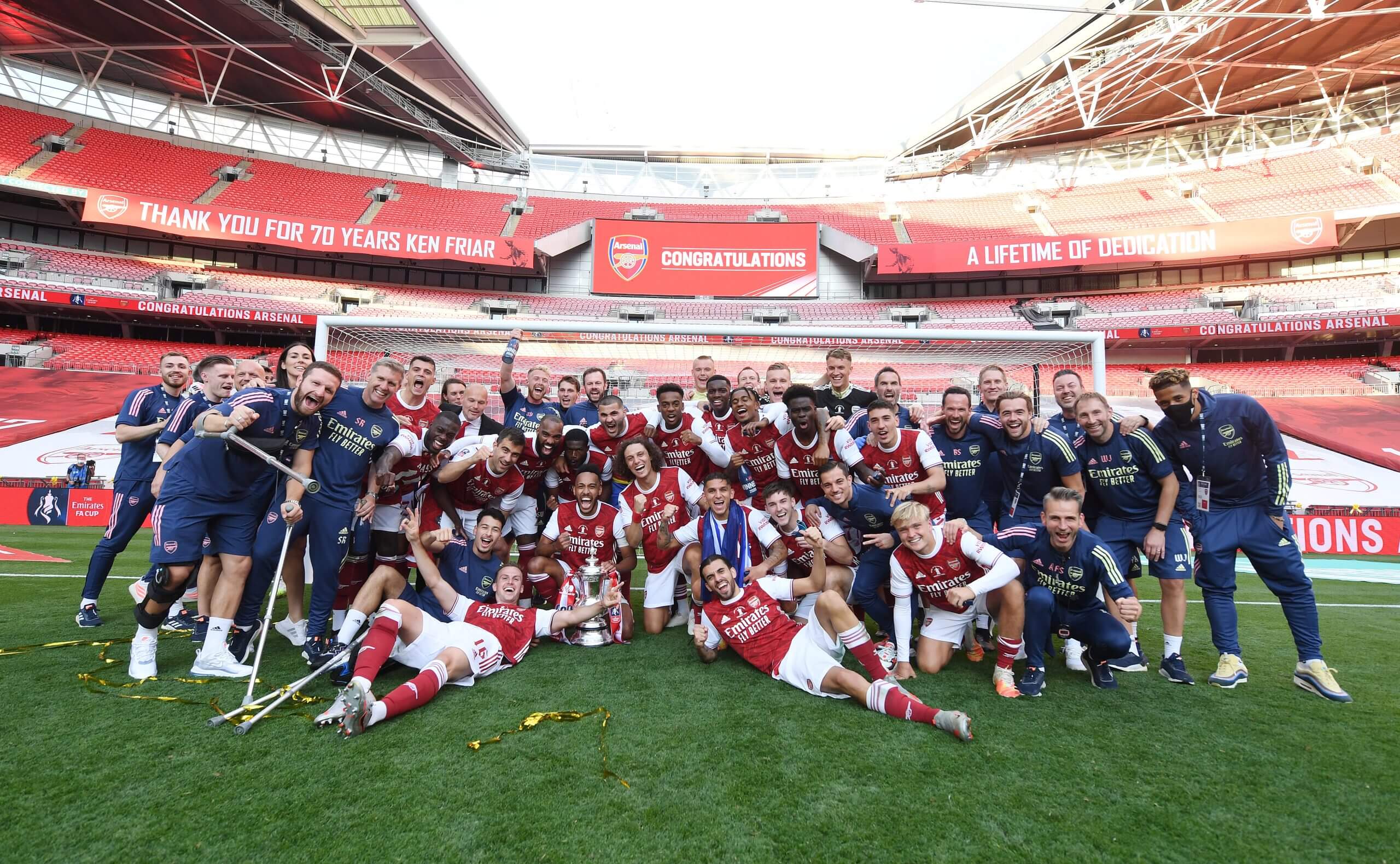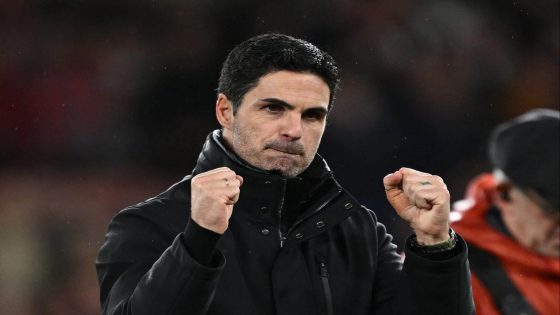When Arsenal made the audacious move to sign Ian Wright from Crystal Palace way back in 1991, the question was quickly raised: why do they need another striker?
They were league champions. They already had Alan Smith, the Golden Boot winner, with Paul Merson, Kevin Campbell and Anders Limpar in support as impressive goalscorers and creators. They were blessed in that department. They had just scored 15 goals in three games and were positively gushing up front. George Graham, their manager, was renowned for building his team on an infamously mean back four. So why break the transfer record for Wright? It didn’t make sense.
It turned out to be a golden move for both player and club. But what it also did, in time, was alter the dynamic of the way Arsenal played. They evolved from being a highly organised unit where everyone understood when to express themselves and when to tuck in and track back, to a side that reflected the character of their firebrand new forward — Wright introduced the unpredictable, a bright spark of electricity, individual chaos, to go with his fierce hunger and killer instinct. He blazed into town and scored a hat-trick in his first league game. Graham told him it was the best debut he had ever seen from an Arsenal player. “Cheers boss,” said Wright casually. He simply couldn’t take it all in and his mind was a blur.
- How do you assess Mikel Arteta’s five years in charge? Take our fan survey here
Imagine having a glut of match-winners. It feels pertinent for an Arsenal side currently straining to blast their way past obdurate opponents. The debate about whether they would benefit most from another dynamic striker, or a more regular source of goals from the left wing, is heating up — particularly as Gabriel Martinelli, Leandro Trossard, Kai Havertz and Gabriel Jesus are all below the most efficient levels they have previously managed.
But that is not the only reason why it is interesting to think back to that time when Wright arrived to bring even greater attacking riches to a team already well-stocked. By remoulding the team to give Wright that licence to do his stuff in his own way, Arsenal shifted from being a league team (they won the title twice in three seasons) to a cup team (they won three cups in two seasons, including a rare European trophy).
Graham knew he had a razor-sharp weapon in Wright, and a defence that knew how to do their job, so there was a certain pragmatism in the way he set his team out. They did not have the consistency or variety to push all season for the league, but they had the determination and the tools to win cup games.
Is it a bad thing to be a cup team? Not if you win them on a consistent basis. The idea of Mikel Arteta’s current Arsenal being a cup team is not something he would welcome. He wants to win big, and while he won’t complain about the domestic cups this season to add something concrete to the honours board, the improvements he has engineered in recent years mean he is of the mindset that the Premier League, or with a bit of luck the Champions League, are priorities.

Ahead of a home quarter-final against Crystal Palace this midweek, a spot in the Carabao Cup semi-finals is something Arteta plans to take seriously. He has to. This group of players came agonisingly close to the title last season and missing out hurt them profoundly, so hoisting any kind of silver would do them some good. They are not in a position to feel they are above the Carabao Cup.
Spooling back to reflect on Arteta’s approach towards the domestic knockouts, the FA Cup in his maiden season back in 2020 was vital to give him credibility. Arteta didn’t have the building blocks to construct something with serious potential, but he did organise his team to overcome superior opposition in the semi-final and final. But since then, there has been less emphasis on the FA and Carabao Cups. There were some horror shows along the way — an FA Cup third-round embarrassment at Nottingham Forest sticks out, and then there was a disappointingly meek exit at Southampton. They were comprehensively beaten by Brighton & Hove Albion at home and West Ham United away in the nascent stages of the League Cup. They were also defeated by a superior Liverpool team in the semi-final in 2022.
At times, the selection has been weakened to rest important players for the league. That was understandable in the past couple of seasons, when Arsenal were intent on managing their resources for a title challenge.
But circumstances this time around have nudged them off the Premier League pace. The opening four months of this campaign have been challenging. Arsenal have won 50 per cent of their league games so far. Their position in the table is by no means poor enough to rule out another stab at the title, but it is less encouraging than expected. On multiple metrics, they are below the numbers they hit last season and, as things stand, they need a significant improvement to find the levels necessary to launch an exercise in winning consistently in the second half of the race. They won 16 out of their last 18 matches in 2023-24, so they do know what they need to make a difference in the home straight. Something similar would be very interesting indeed.
But can Arteta bank on that? Last month, when reflecting on one of the situations where points slipped away from them, Arteta considered the number of different problems he has had to navigate with a squad hit at various times by red cards, cluster injuries, and moments where they simply looked a bit too jaded to force a result. “The situation we are going through at the moment — probably you cannot imagine,” he said. It has not improved wildly since then, and the number of defensive injuries, coupled with damaged form in attack, remains an issue.
So, maybe it is not such a bad thing for Arsenal to make a virtue out of being a cup team for a while — at least until their league form picks up. After this quarter-final against Palace, they have been drawn against Manchester United at home in the FA Cup in January. Managing a cup run or two alongside their intentions to claw their way into a stronger push for the title, plus continued Champions League matches, is a herculean ask.
Realistically, Arsenal need to chase everything they can, starting with Palace and the Carabao Cup.
(Top photo: David Price/Arsenal FC via Getty Images)





